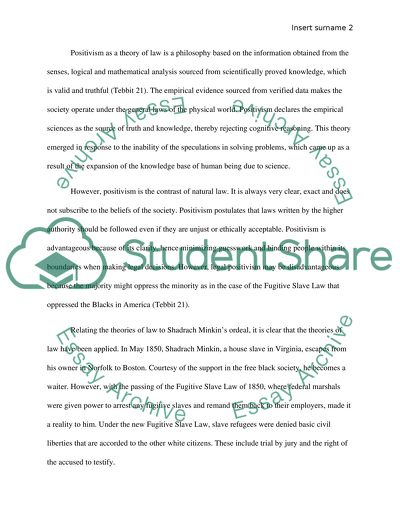Cite this document
(“Phil of Law Essay Example | Topics and Well Written Essays - 1000 words”, n.d.)
Retrieved from https://studentshare.org/philosophy/1469572-phil-of-law
Retrieved from https://studentshare.org/philosophy/1469572-phil-of-law
(Phil of Law Essay Example | Topics and Well Written Essays - 1000 Words)
https://studentshare.org/philosophy/1469572-phil-of-law.
https://studentshare.org/philosophy/1469572-phil-of-law.
“Phil of Law Essay Example | Topics and Well Written Essays - 1000 Words”, n.d. https://studentshare.org/philosophy/1469572-phil-of-law.


